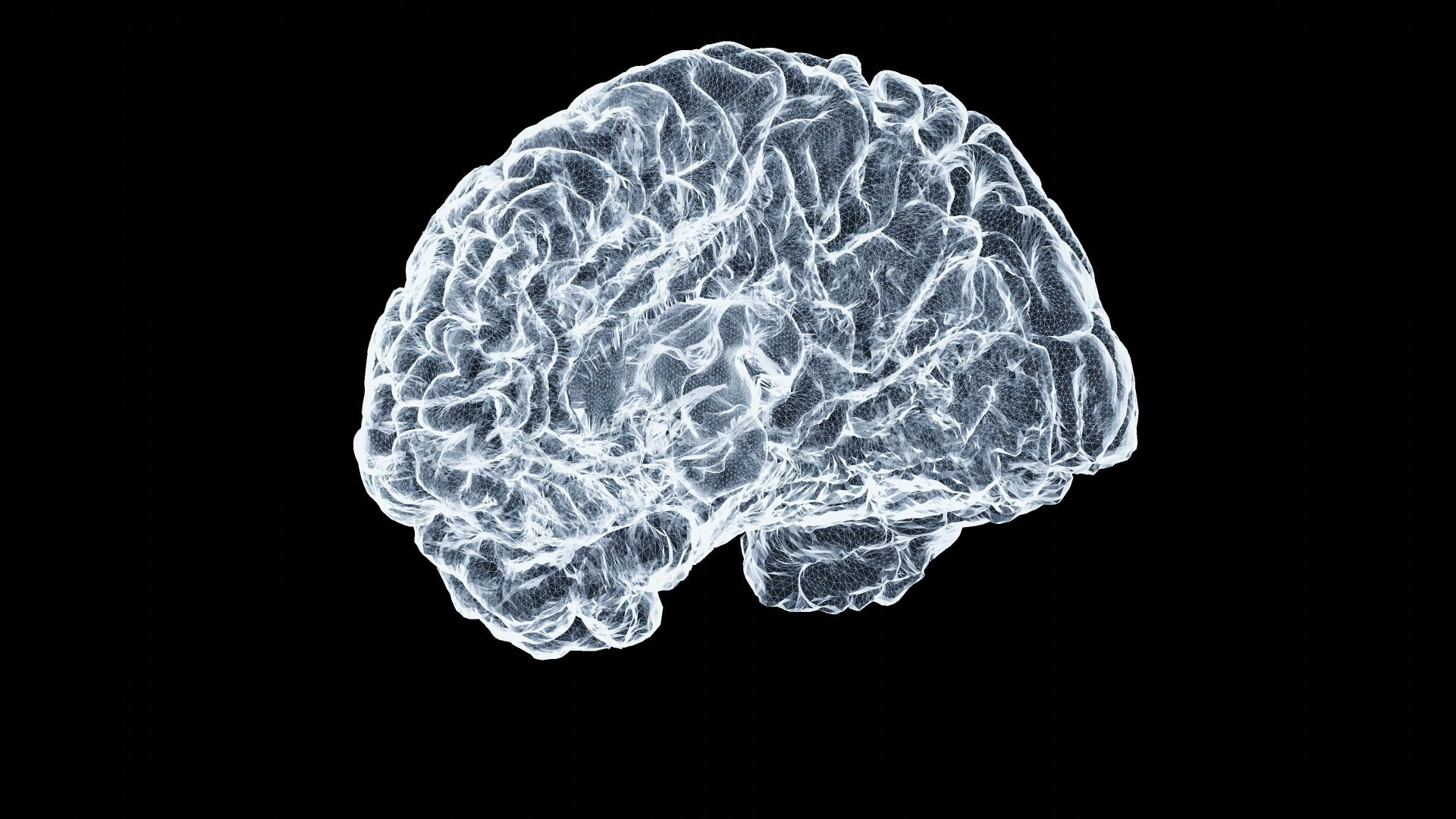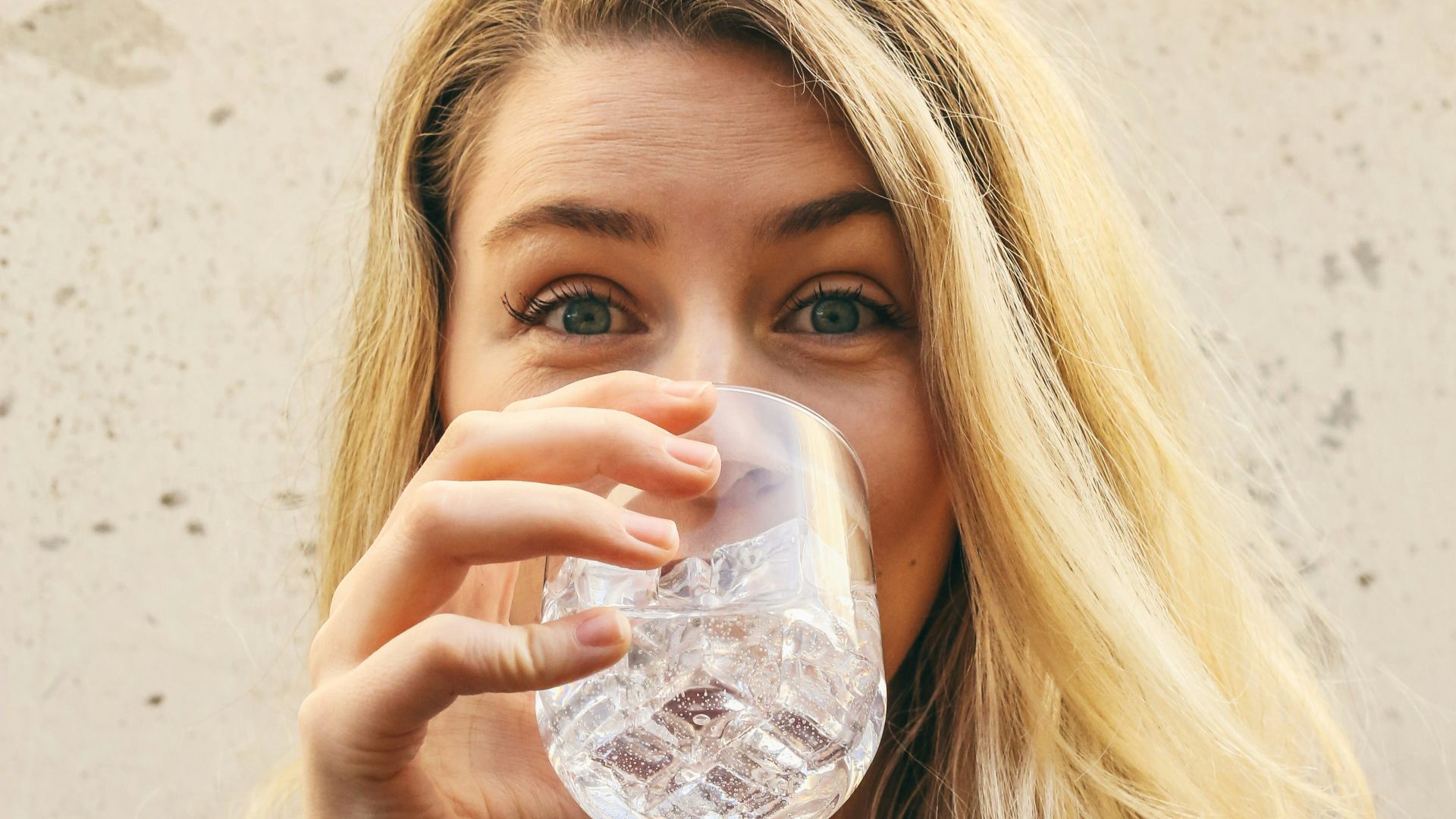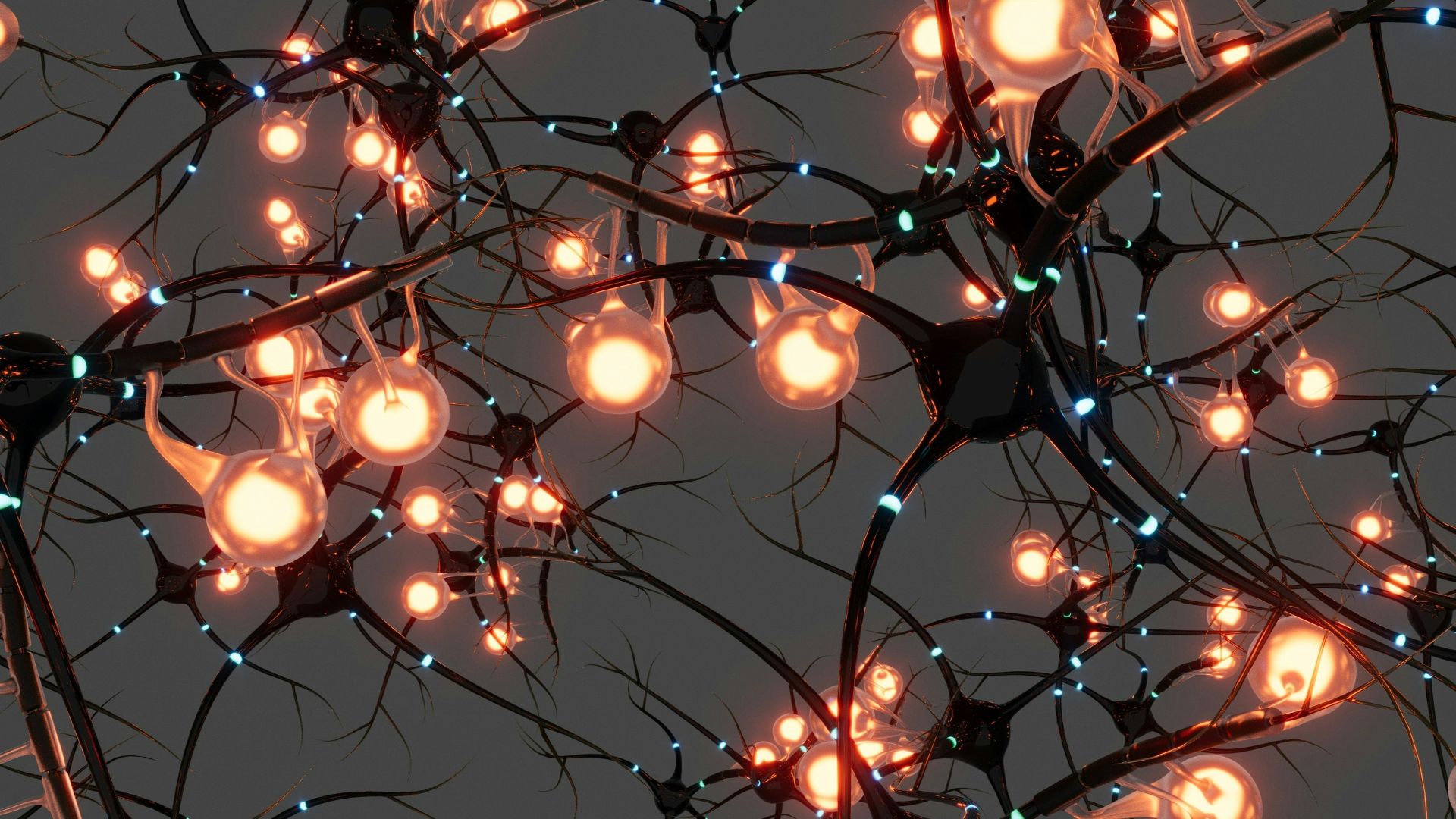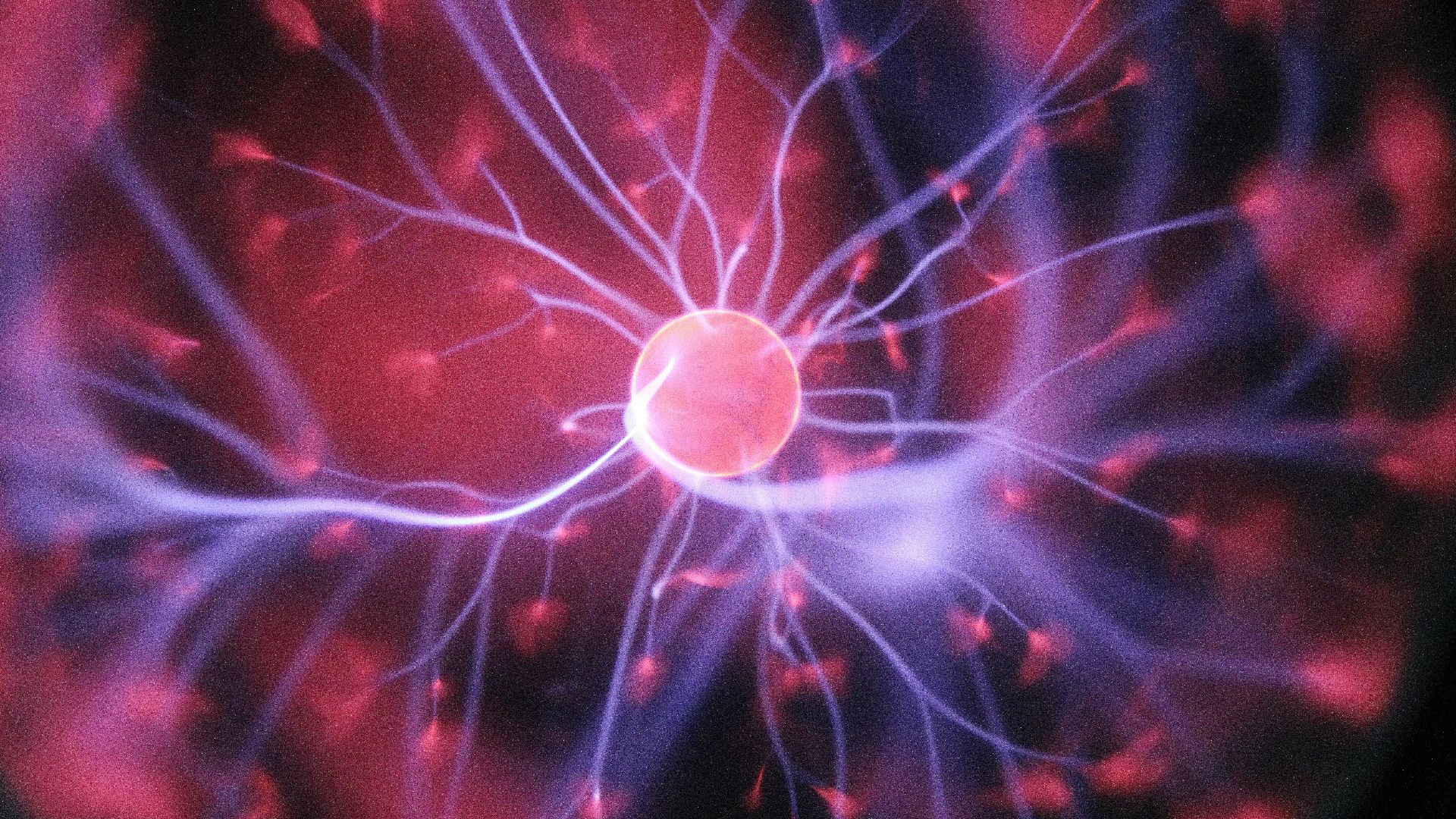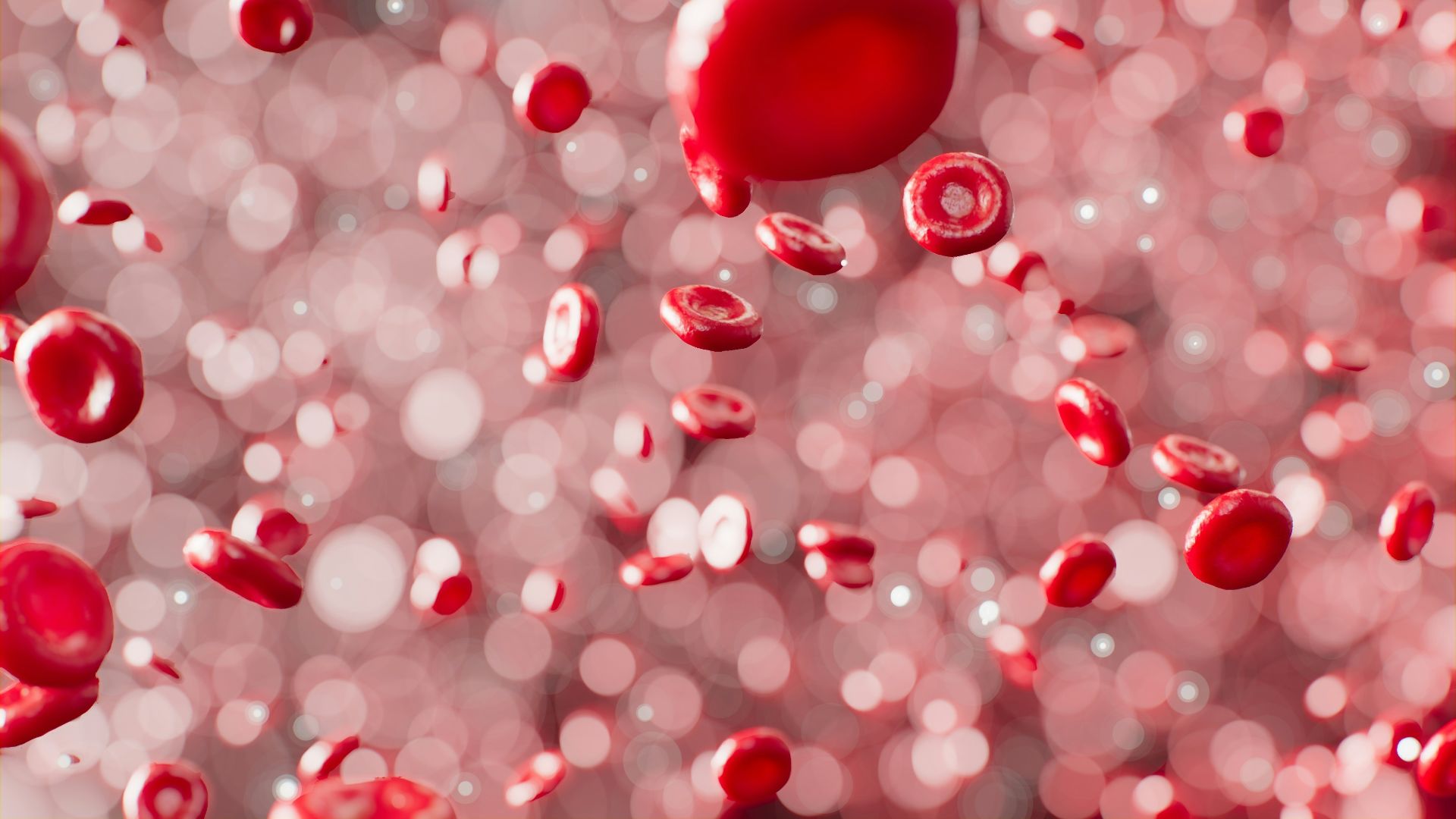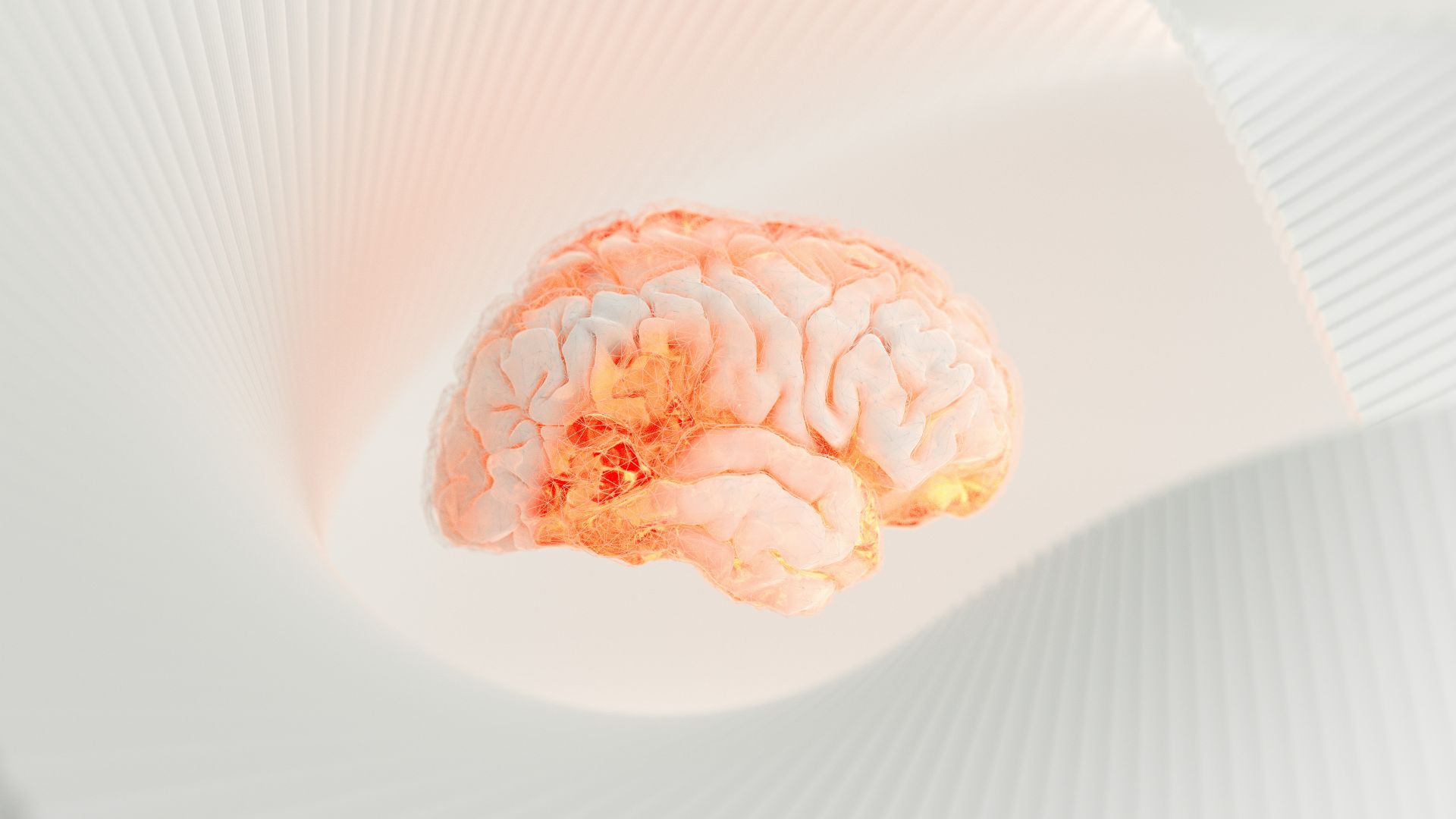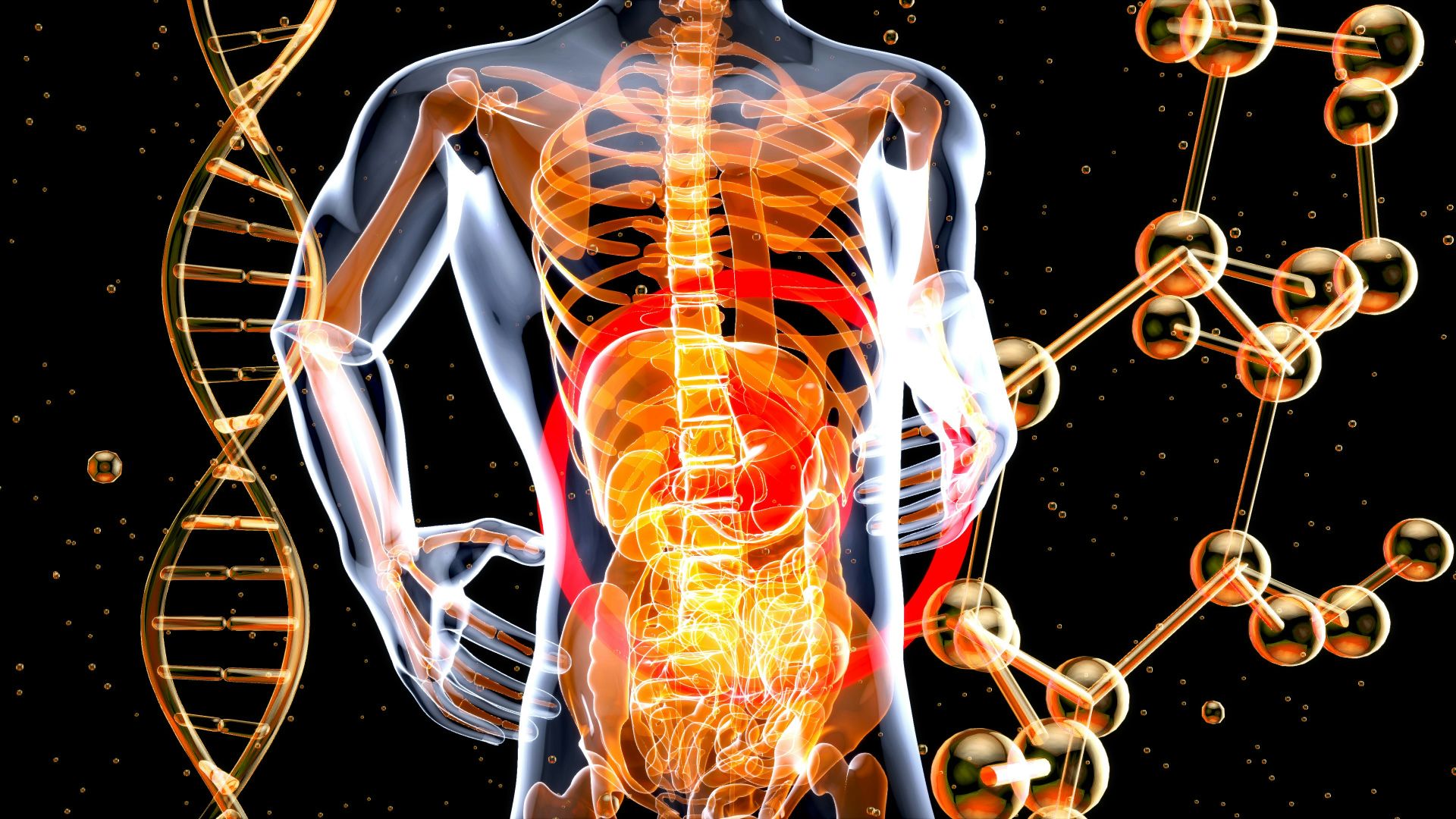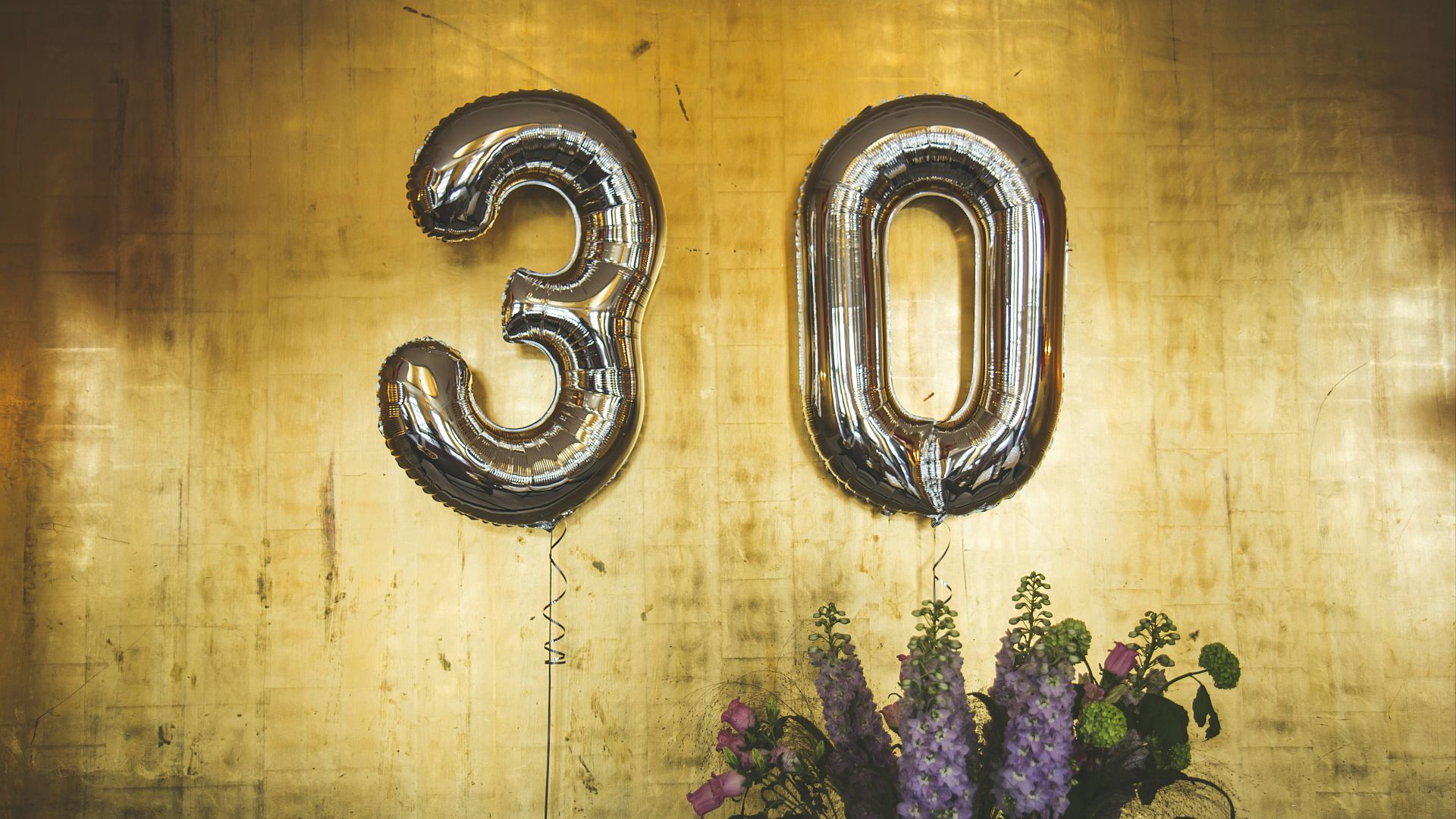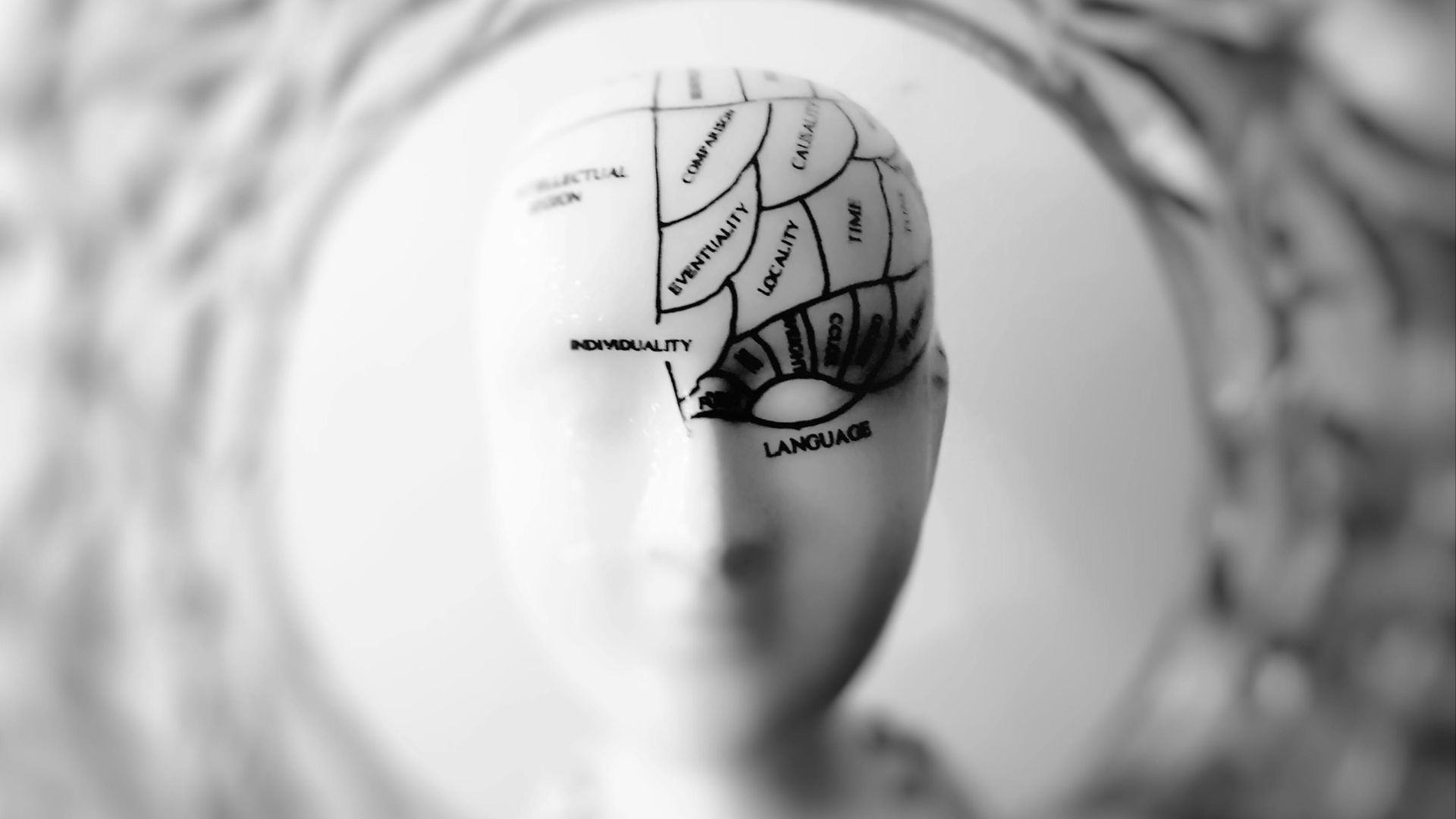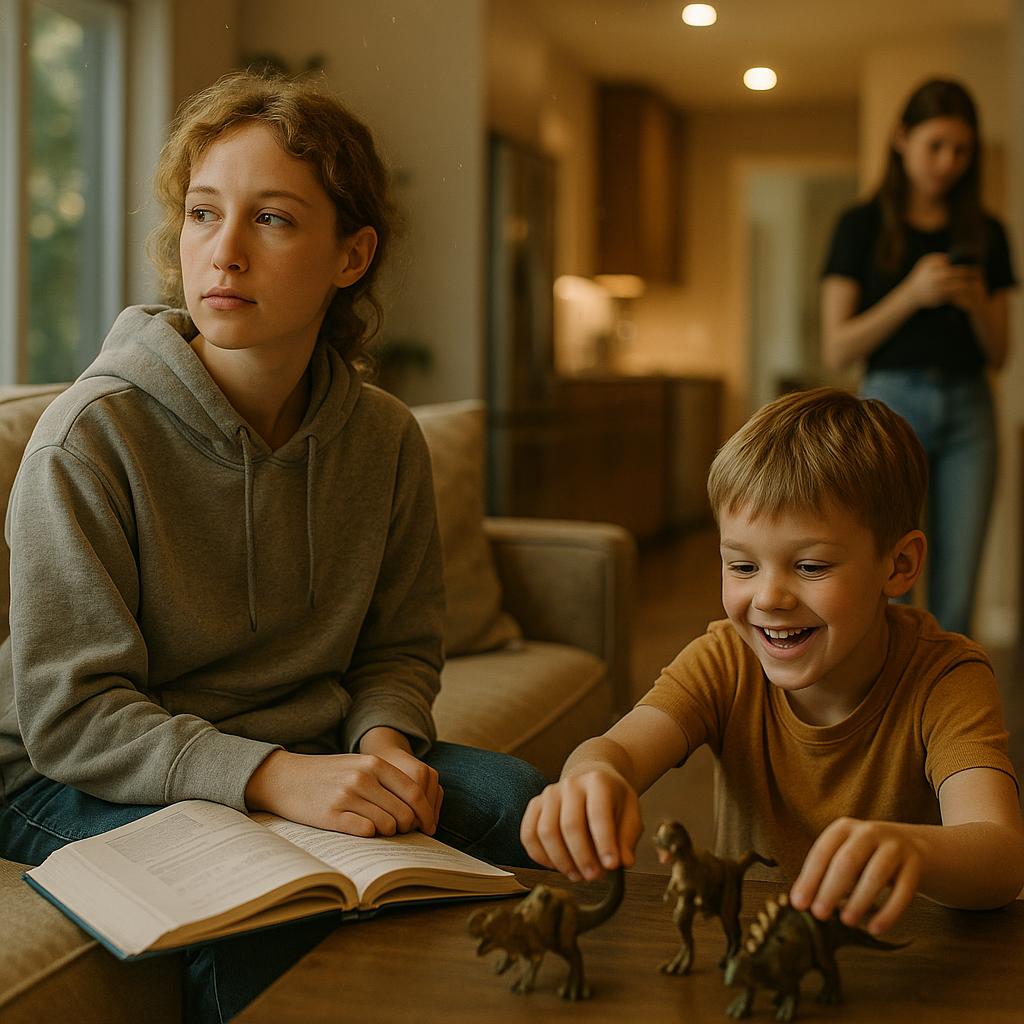20 Fascinating Facts About The Human Brain You Never Knew
What's Going On Inside Your Head?
The brain is an incredibly complex organ that scientists have only just begun to understand. From generating electricity to managing trillions of neural connections, it controls everything we think, feel, and do. Here are 20 fascinating facts about the human brain that will make you marvel at just how extraordinary your mind really is.
1. It's The Fattiest Organ In The Body
It may surprise you to learn that the brain is the fattiest organ in the body, with about 60 percent of its dry weight being fat. Cholesterol is crucial for brain cells to function.
2. It Has No Pain Receptors
The brain itself has no pain receptors; it only feels pleasure. This is why brain surgeons can perform surgery while the patient is awake. Headache pain is in the brain's covering.
3. It's Mostly Water
About 75 percent of the brain is water, making hydration crucial for its functioning. Being even slightly dehydrated can cause changes in your memory and attention.
4. It Has 100 Billion Neurons
The brain has about 100 billion neurons, which allows its massive communication network to function. The enormous number of neurons allows it to adapt, learn, repair, and form new connections.
5. It Continues To Grow Until You're 18
Your brain isn't fully grown until you're around the age of 18. It isn't until the age of 25 that it's fully mature, and it continues to develop and change throughout your whole life.
6. It Triples In Size The First Year Of Life
At birth, the brain is already one-third of its adult size, and in the first year of life, it triples in size. More than just size, the brain creates millions of new connections every second.
7. It Can Generate Electricity
Brain neurons communicate electrically, creating charged particles. It creates about 20 watts of electricalenergyy which is enough to light up a small light bulb.
8. It Has 100,000 Miles Of Blood Vessels
The earth has 100,000 miles of blood vessels: enough to circle the earth four times. This massive vascular system ensures it gets enough oxygen to keep neural activity running smoothly and protects neurons from toxins.
9. Brain Signals Travel At Enormous Speeds
Some brain signals can travel at a blazingly fast 268 miles per hour. This means in a split second, your brain can process information like sounds and sights, and tell your body to react.
10. It Uses 20 Percent Of Your Daily Energy
The brain is a huge energy hog. Despite making up only around 2 percent of your body weight, it uses around 20 percent of all the oxygen and blood in your body.
11. It Shrinks When You're Dehydrated
Because your brain is mostly water, it shrinks when you're dehydrated. This affects your memory, attention, and cognition, and may cause headaches and mood swings.
12. Your Brain & Gut Are Closely Linked
Your brain is closely linked to your gut through something called the gut-brain axis. They're constantly sending messages to each other through hormones and nerves, which is why you might get a stomach ache when you're stressed or butterflies when you're nervous.
13. No Two Are Exactly The Same
The brain is like a fingerprint in that no two people's brains will look exactly alike, even in identical twins. Each brain forms distinct neural connections based on genetics, learning, and experiences, which explains why we all have different personalities.
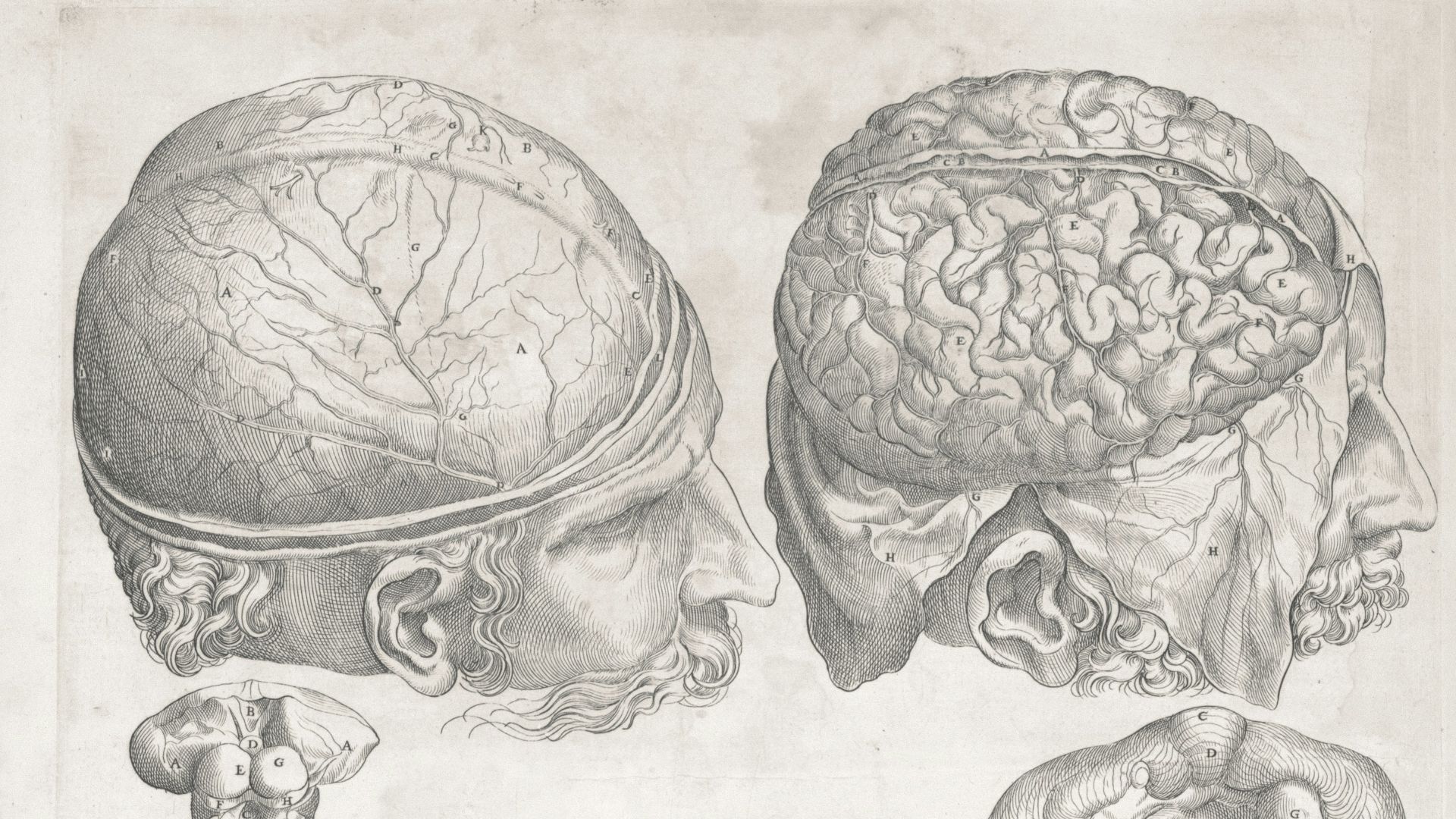 The New York Public Library on Unsplash
The New York Public Library on Unsplash
14. Brain Surgery Was Performed In The Stone Ages
Archaeologists have found evidence of brain surgeries being performed as early as the Stone Age, dating back 7,000 years. Although the reasons for the surgeries are unclear, many of the patients appear to have healed and survived, even without anesthesia.
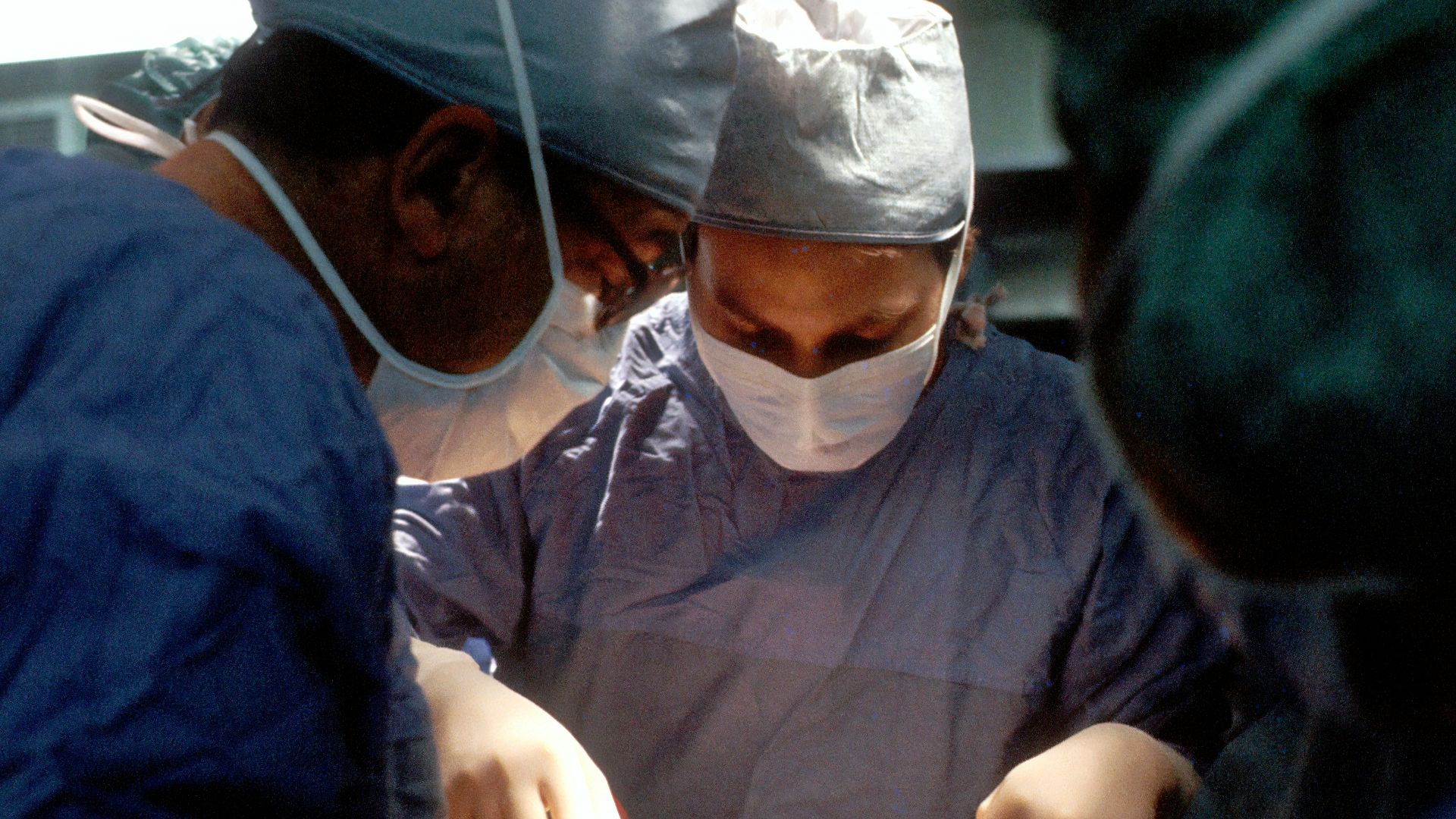 National Cancer Institute on Unsplash
National Cancer Institute on Unsplash
15. Everyone Dreams Every Night
Even when we don't remember them, we all have anywhere from four to seven dreams every night. This is how we know the brain never shuts off.
16. The Brain Already Starts Declining In Your Late 20s
Cognitive decline is not exclusive to elderly people: it starts as early as your late 20s. It may be subtle, but processing speed, short-term memory, and reaction time can already start slowing down.
17. Alcohol Can Affect Your Brain Permanently
Anyone who's had more than a few drinks has probably felt the effects alcohol has on cognitive function, like slurred speech and blurred vision. This goes away as soon as you sober up; however, over a longer period of time, alcohol can have a permanent effect, reducing memory and cognitive function.
18. Computer Games May Improve Cognition
Video games get a bad rep. Studies have found they can actually boost cognitive abilities like memory, attention, focus, problem-solving, and hand-eye coordination.
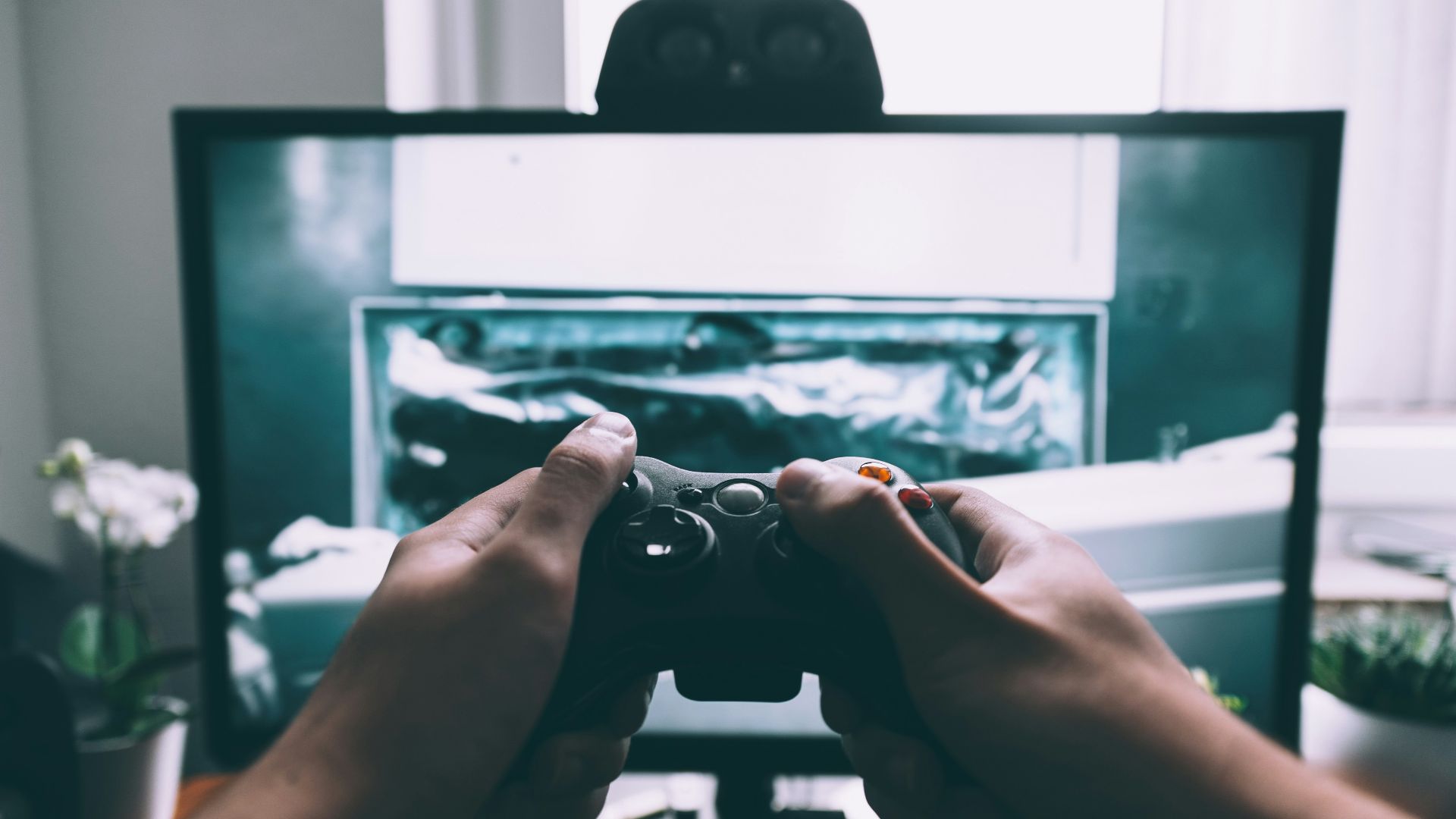 Glenn Carstens-Peters on Unsplash
Glenn Carstens-Peters on Unsplash
19. Your Brain Creates Your Perception Of Reality
Unlike a camera simply recording what's in front of you, the brain processes and filters data, often "filling in" missing information to construct a picture that makes sense. This is why two people can remember a single event differently.
20. Aerobic Exercise Is Good For Your Brain, Too
Aerobic exercise isn't just good for your body; it benefits your brain, too. It boosts blood flow, delivering oxygen and nutrients to the brain, and encourages the growth of new neurons.



